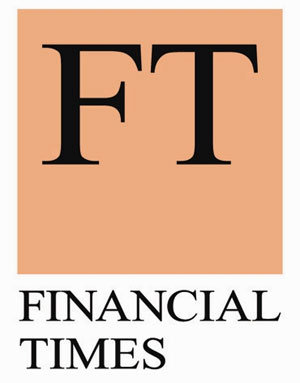Our letter to the FT.
The COVID-19 pandemic represents an unprecedented challenge for Europe’s healthcare systems, and a major shock for the continent’s economy. After the initial focus on the immediate crisis response measures, policy makers need to also think long-term and start planning a broad investment scheme to reboot the European economy once the virus will be defeated. That is, it is high time to start considering a European COVID-19 Recovery Program.
Why such a plan? As the pandemics rapidly spread across Europe and the world, it has become evident that a V-shaped economic recovery is unlikely. On top of the initial supply shock, this crisis is inevitably having second round effects. Demand is quickly falling as consumers postpone or even cancel their consumption. As citizens worry about the future, they increase their precautionary savings.
The immediate crisis measures aim to preserve as much as possible productive structures so that the economy can reboot once lockdown measures are reduced. But a European COVID-19 Recovery Program is still needed to boost the recovery and prevent an L-shaped downward shift in GDP given the damage done.
The question is how such a plan should be structured. Should it focus on the sectors most badly hit by the crisis? Or should it instead use this moment of brutal destruction for the emergence of new and different economic structures? Should relief measures be given to low income households? Should there be a pan-European plan to boost digital and green investment? What industrial policy lessons should be drawn from the dramatic undersupply of medical equipment and Europe’s dependency on China for production of critical products? And should the relief plan be a pan European one?
The crisis is an opportunity for Europe to shape its future. Companies and individuals are adapting daily to the new challenge with new and creative solutions. It is now time to debate the future shape of our economies. A bold Covid-19 Recovery Program to boost Europe’s economy is needed. It should be the focal point of the debate on the future.


